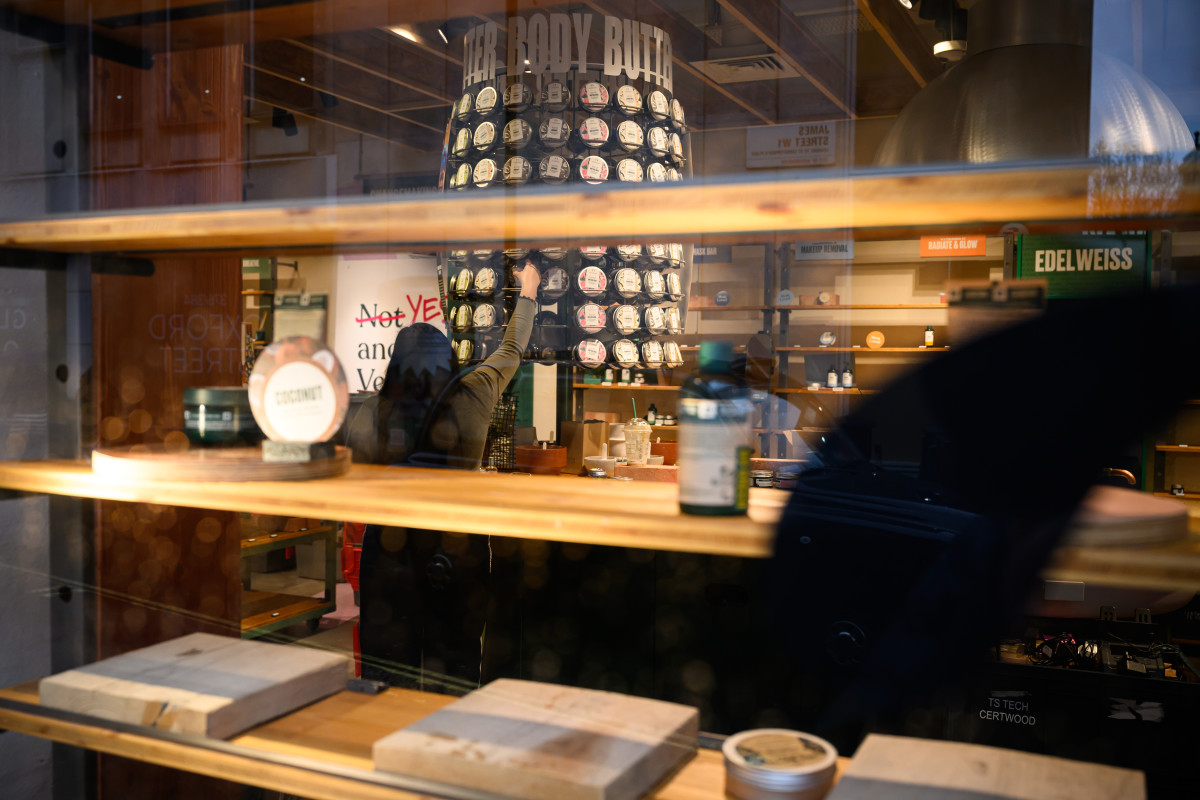
It may be something of a golden era for retailers who operate largely separately from malls and large indoor shopping complexes, but for those who do depend on malls, it is quite a different story.
That's because mall retailers — think Victoria's Secret, Aéropostale, JC Penney, and Foot Locker — typically pay outsized rents for the privilege of being featured at a given mall.
Related: Target announces major partnership with revered designer
That privilege is rapidly depreciating, however. High rents in large shopping malls are more of a burden than a surefire ticket to increased comparable store sales and profitability.
The truth is that most malls across the U.S. aren't increasing either of those prized metrics; in fact, they're not doing much of anything but sucking up a lot of rent and disillusioning the average shopper. With the rise in popularity of outlet malls, outdoor shopping villages, and — of course — online shopping, it's less popular to go to the mall now than perhaps ever before.
The result, of course, has been an increase in vacancies across malls. Entire malls themselves have also shuttered in less-popular areas. The number of malls in the U.S. at peak popularity, around 2005, was about 1,500 total locations. By the end of 2022, however, that number dropped to about 1,150, says JLL.
Mall retailer closing up to 100 stores
And these damages are felt beyond the U.S. Multinational retailers like The Body Shop, for example, which were heavily dependent on malls and high-foot traffic areas for tourism and interest, are feeling the pinch.

The Body Shop, a U.K.-based skincare and cosmetics brand, decided in mid-February to enter into administration (the English version of bankruptcy protection) with Aurelius, a European private equity firm. The Body Shop had been sold to Aurelius in late 2023 for $254.32 million.
The firm determined that The Body Shop was insolvent, and announced that it would close up to half of its 200 stores in the U.K., including several stores in London. It would also cut 40% of its headquarters workforce, also based out of London.
Seven stores are closing immediately, including:
- Surrey Quays, London
- Oxford Street, London
- Canary Wharf, London
- Cheapside, London
- Nuneaton, Warwickshire
- Ashford town centre, Kent
- Queens Road, Bristol
The remaining stores are expected to close shortly. The Body Shop has also divested its operations in mainland Europe and Asia, saying it aims to maintain a consolidated footprint more focused on its roots in the U.K.
"A reduced store footprint will coincide with a renewed focus on the brand's products, online sales channels and wholesale strategies," a spokesperson at FRP Advisory, the firm overseeing the process, said.
Aurelius, for its part, said The Body Shop's performance over the holidays and beyond was "worse than [their] worst-case assumptions," which is ultimately what spurred the firm to begin the insolvency process.
It remains The Body Shop's main secured creditor, which means it will be first to receive payments from the company as it rights the ship. Still, not all stores will be affected, and The Body Shop expects to maintain a relatively large footprint in the U.K.
"It is expected that at the conclusion of the restructuring, more than half of The Body Shop's 198 UK stores will remain open," FRP Advisory said.







